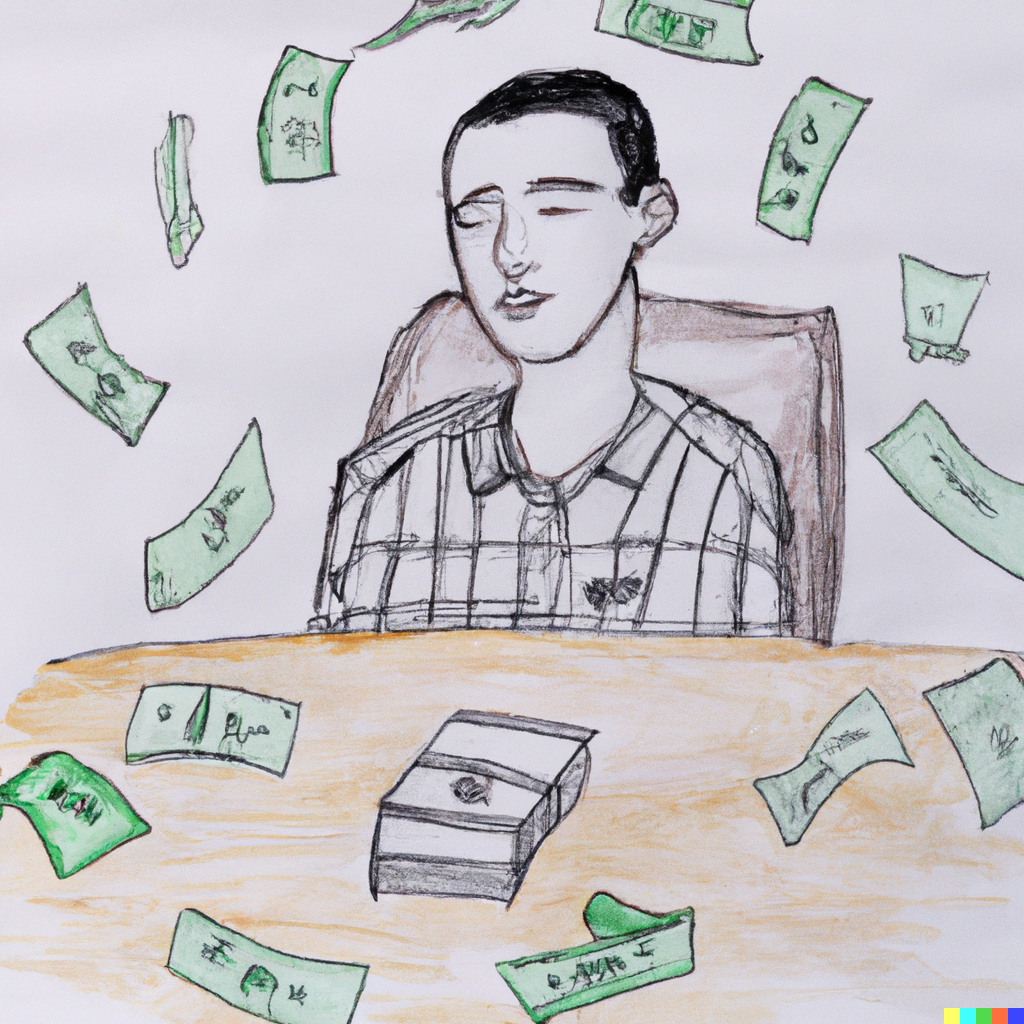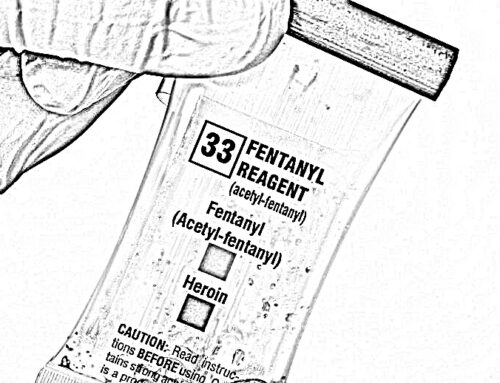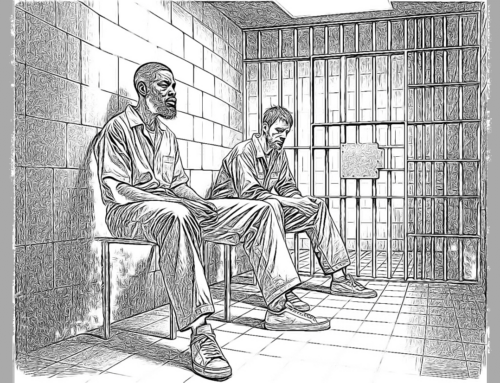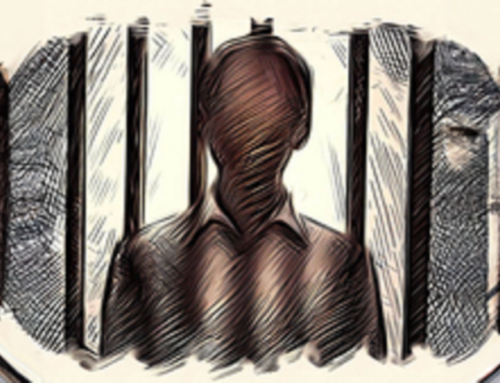As a criminal defense lawyer, it’s my job to ensure that my clients receive fair and just treatment under the law. Unfortunately, a recent study on monetary sanctions and juvenile recidivism in Florida suggests that the criminal justice system may be failing our youth. According to a report of the study, which analyzed the impact of fees and restitution on juvenile recidivism across races and ethnicity, fines and fees increased juvenile recidivism for juvenile defendants, especially among Black and Hispanic youth.
The study found that Black youth in Florida had an average of $709.50 in fees assessed against them, compared to $633.33 for Hispanic youth and $426.50 for white youth. Interestingly, restitution payments were relatively the same among the groups. Fees were highest for property offenses, felony or administrative offenses, and among youth with higher “risk levels.” However, under 70 percent of the youth sampled in the study were classified as low-risk.
The authors defined recidivism as “a new-law offense that occurred within 365 days of the youth completing their focal community-based placement.” The report revealed that 19.4 percent of youth who were assigned fees committed a new crime, compared to 15.7 percent who were not charged fees. In other words, young people who were assigned fees were more likely to re-offend than those who were not.
Sarah Couture, Florida State Director at the Fines and Fees Justice Center, expressed concern that these fees charged to children and their families promote recidivism instead of rehabilitation. She pointed out that fines and restitutions had a greater impact on youth beyond increasing recidivism. Higher fees were assessed to youth in disadvantaged communities, despite the rates remaining nearly the same. Fees undermine the purpose of the juvenile system, which should be to help support young people’s development and set them up for success.
The high assessment of fees to youth from disadvantaged communities compliments research from a previous report from the Fines and Fees Justice Center that found that in 2019, only 11 percent, or $547,973 of the $5.1 million in fines and restitutions assessed against youth in Florida was collected. The study documents that youths serving time in Florida Detention Centers were unsure how to pay for the sanctions, as were many of their families. Many respondents said they believe they should have to pay when charged with a crime (though many said their families should not). They reported varying ability levels to pay fees over a hypothetical $100 charge.
The study’s lead author, Alex Piquero, Ph.D., who now serves as the Director of the Bureau of Justice Statistics, emphasized that some of the kids he and his co-authors interviewed for the report said they didn’t know where they were going to come up with the money to pay their fees. Some of them even said they might have to do illegal activity.
The findings of this study suggest that monetary sanctions may not be an effective deterrent for juvenile crime. Instead, fees and restitution assessed against young people can actually increase juvenile recidivism, especially among Black and Hispanic youth. The criminal justice system should focus on rehabilitation and support young people’s development rather than charging them and their families with financial penalties that create economic stress and force them into the vicious cycle of recidivism.









